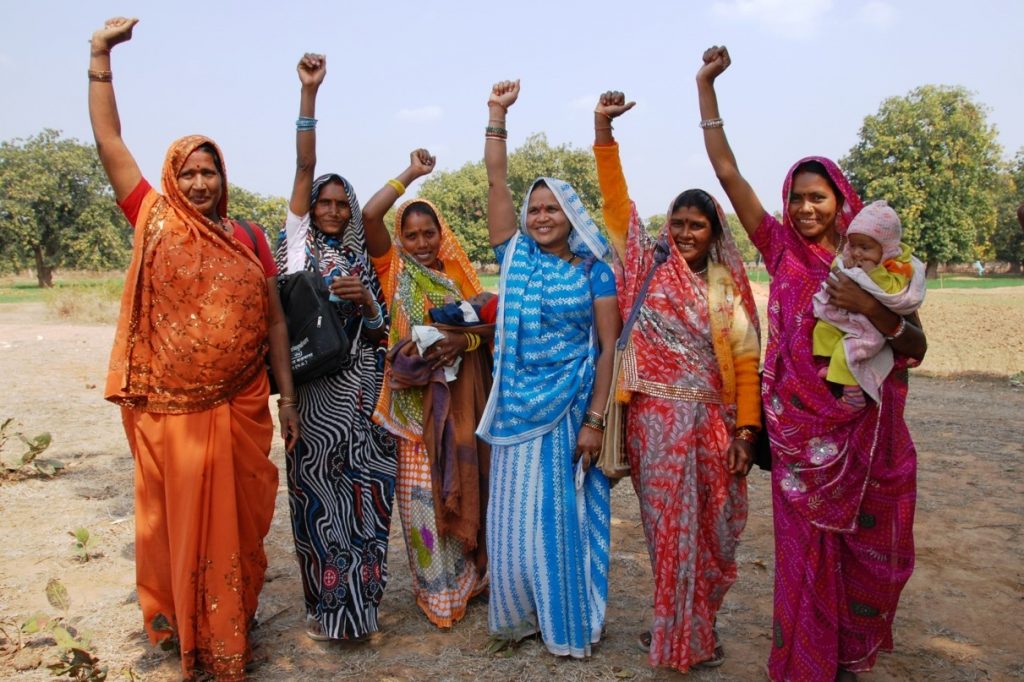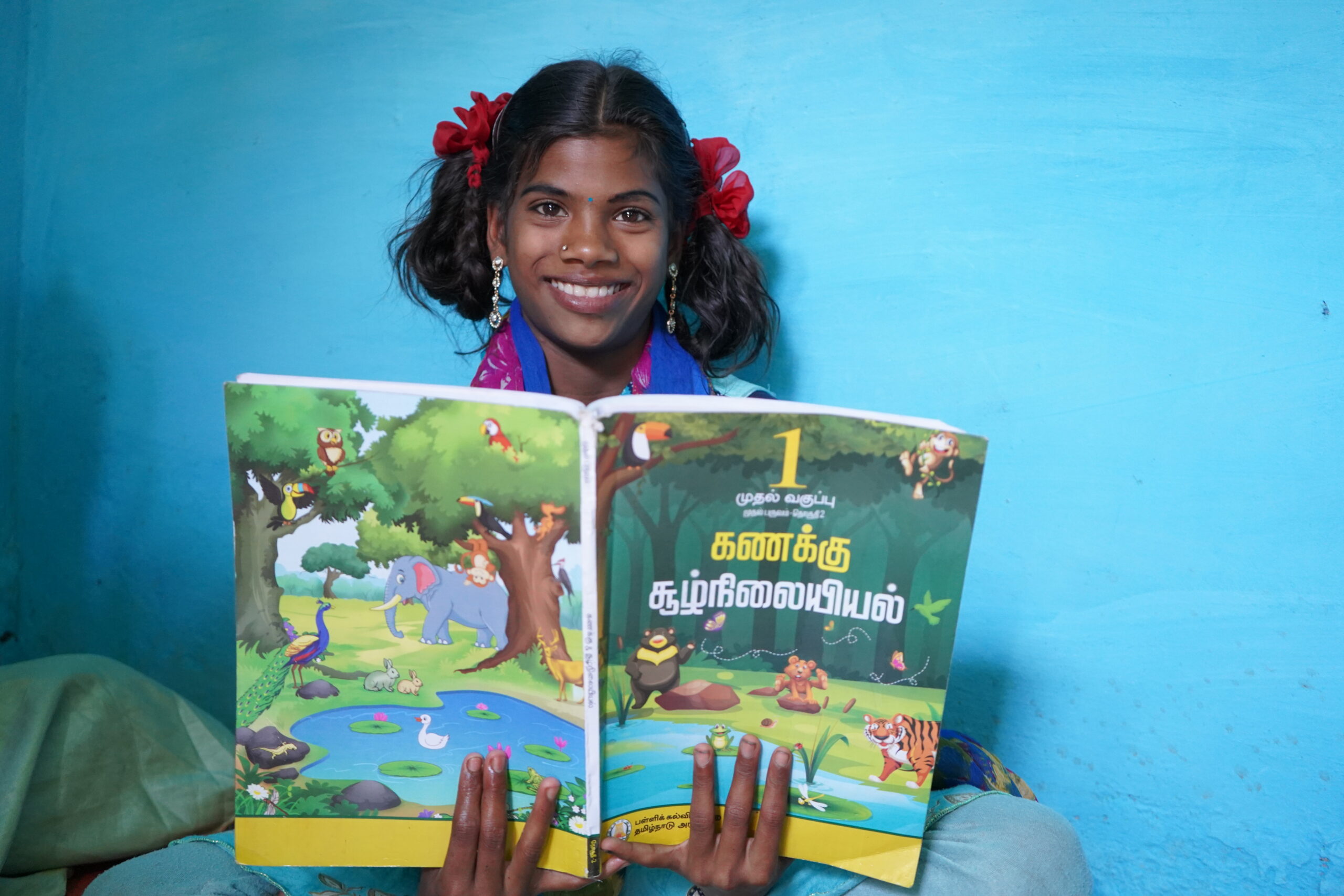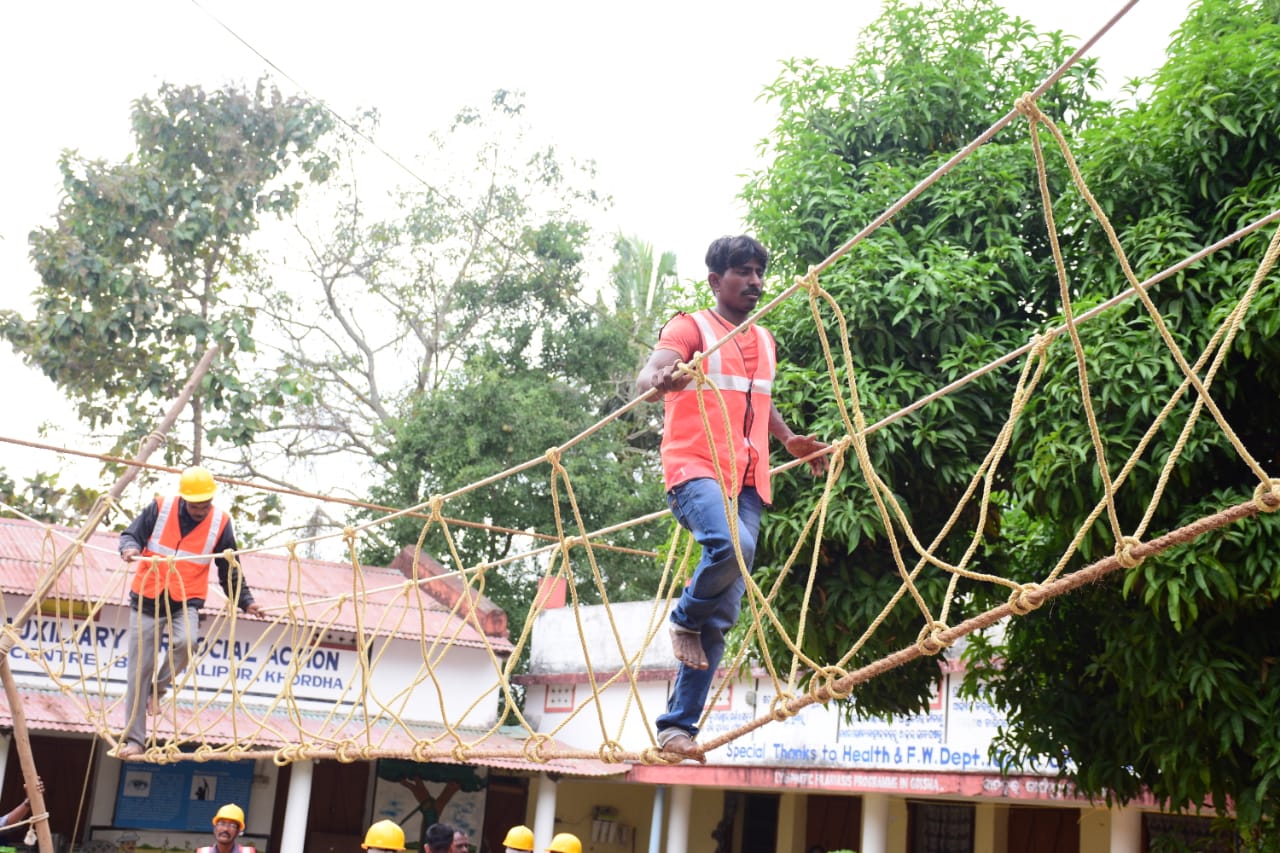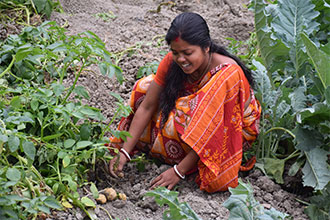CASA BLOGS

Breaking Taboos, Empowering Women: Importance of Menstrual Hygiene in Rural
Introduction:
As an Indian NGO, CASA is working tirelessly in rural areas. We recognize the critical importance of Menstrual Hygiene Day. This global event serves as a powerful reminder of the discrimination, taboos, and obstacles faced by women and girls in managing their menstrual hygiene. In rural India, these challenges are particularly pronounced, making it crucial for us to address them head-on. By raising awareness, challenging societal norms, and advocating for change, we strive to promote gender equality, empower women, and ensure better menstrual health for all.
In many rural communities, menstrual hygiene remains a topic shrouded in secrecy and shame. Cultural beliefs and misconceptions contribute to the marginalization of women during their periods, leading to discrimination, exclusion, and limited access to essential resources. Our work as an NGO centers around breaking down these barriers and providing the necessary support for women and girls to manage their menstrual health effectively.
Menstrual Hygiene Day holds significant importance for our work as an Indian NGO operating in rural areas. It is a time to shed light on the discrimination, taboos, and challenges faced by women and girls in managing their menstrual hygiene. By addressing these issues, we strive to promote gender equality, empower women, and ensure better menstrual health for all.
Equality, Discrimination, and Exclusion:
In rural India, menstruation-related discrimination and exclusion persist, hindering gender equality. Cultural norms often consider menstruation impure, leading to unfair practices that restrict women’s participation in social and religious activities. To achieve equality, it is essential to challenge these prejudices and create inclusive spaces where all individuals, regardless of their menstrual status, are treated with respect and dignity.
Period Stigma that Affects Millions of Women and Girls:
Stigma surrounding menstruation is a widespread issue in rural India, affecting millions of women and girls. Lack of awareness, cultural taboos, and misconceptions contribute to the shame and silence surrounding menstruation. This stigma hampers access to education, healthcare, and opportunities, as well as impacting self-esteem. Menstrual Hygiene Day presents an opportunity to break the silence, challenge stigma, and foster open discussions to dispel myths and misconceptions.
Discrimination and Violence:
In some parts of rural India, women and girls face discrimination and violence during their menstrual cycles. Verbal abuse, physical punishment, denial of basic rights such as education and healthcare, and isolation are unfortunate realities. It is imperative to address these issues and advocate for a safe and inclusive environment that respects and protects menstruating individuals.
Socioeconomic Inequalities:
Socioeconomic disparities further exacerbate menstrual hygiene challenges in rural areas. Menstrual products can be costly, rendering them unaffordable for marginalized communities and those living in poverty. Limited access to affordable and safe menstrual products often forces women and girls to resort to unhygienic alternatives, posing health risks. Bridging the socioeconomic gap and ensuring affordability and sustainability of menstrual products is crucial for promoting menstrual hygiene management.
Insufficient Resources:
In rural communities, inadequate infrastructure, resources, and support systems for menstrual hygiene management prevail. Insufficient water and sanitation facilities, limited access to hygienic products, and a lack of educational materials on menstrual health hinder progress. As an NGO, we recognize the need to invest in these resources to empower women and girls to manage their periods hygienically and with dignity.
Lack of Proper Access to Water and Sanitation:
Access to clean water and sanitation facilities is paramount for maintaining good menstrual hygiene. Unfortunately, many rural areas in India lack such essential infrastructure, making it challenging for women and girls to manage their periods safely. As part of our mission, we strive to improve water and sanitation facilities, particularly in marginalized areas, ensuring that menstruation does not become a barrier to health and well-being.
Challenging Age-Old Beliefs:
Deep-rooted beliefs and myths about menstruation continue to prevail in rural Indian communities, perpetuating harmful practices and misconceptions. These beliefs often limit women and girls from fully participating in society and accessing necessary information and resources. Through community education programs, we work towards dispelling these myths, promoting accurate and evidence-based information, and fostering a culture of openness and acceptance.
Raising Awareness and Advocacy:
Menstrual Hygiene Day serves as a platform to raise awareness and advocate for sex education and access to menstrual products in rural India. By breaking the silence, educating communities, and advocating for policy changes, we can ensure that every woman and girl has access to accurate information, hygienic products, and the necessary support to manage their menstrual health effectively.
Conclusion:
Menstrual Hygiene Day serves as a powerful call to action for us as an Indian NGO dedicated to empowering women in rural areas. It reminds us of the urgent need to address the discrimination, taboos, and challenges surrounding menstrual hygiene. By breaking the silence, challenging stigma, and advocating for change, we can create a society where menstruation is no longer a barrier but a natural and healthy aspect of every woman’s life.
As an Indian NGO working in rural areas, Menstrual Hygiene Day holds immense significance for us. It provides an opportunity to address the inequalities, discrimination, and challenges surrounding menstrual hygiene. By breaking taboos, empowering women, and advocating for change, we strive to create a society where menstruation is no longer a barrier but a natural and healthy aspect of every woman’s life. Together, let us continue to champion menstrual hygiene, fostering equality and empowering women in rural India and beyond.
Our commitment extends beyond this designated day. We remain steadfast in our efforts to bridge the gaps in access to menstrual hygiene products, water, sanitation facilities, and education. Through community programs, awareness campaigns, and partnerships, we strive to empower women and girls, giving them the knowledge, resources, and support they need to manage their periods with dignity and without limitations.
Together, let us continue our journey towards a more inclusive and equal society, where every woman and girl in rural India can embrace their menstrual health confidently and without fear. Menstrual Hygiene Day serves as a catalyst for change, but the work does not end here. We will persist in our advocacy, education, and support to create a brighter future for women and girls, where menstrual hygiene is no longer a barrier to their well-being and empowerment.
 Previous Blog Post Role of NGOs In Flood Relief Operations
Previous Blog Post Role of NGOs In Flood Relief OperationsFeatured Post

Empowering Rural Education in India:
14 Mar 2024
Introduction: In the vast tapestry of India, education is the key to unlocking the door to a brighter future. However, the challenge of providing quality education to the rural parts of the country persists. In this blog post, we will delve into the crucial role that Non-Governmental Organizations (NGOs) play in bridging the educational gap […]

Empowering the Future: Disaster Management Training for School Children in Disaster-Prone Areas
22 Feb 2024
Introduction: In the face of increasing natural disasters worldwide, it becomes imperative to equip our younger generation with the knowledge and skills necessary to handle emergency situations. Children, being one of the most vulnerable groups during disasters, can greatly benefit from disaster management training. This blog explores the significance of imparting such training, with a […]

Empowering Women: Transforming Lives Through Sustainable Livelihoods in Rural India
16 Feb 2024
Introduction: In the heart of rural India, a silent revolution is taking place as women embrace newfound opportunities for sustainable livelihoods. This transformation not only uplifts individual lives but also contributes to the overall development of communities. At [Your Organization’s Name], we are committed to driving positive change by providing women in rural India with […]



